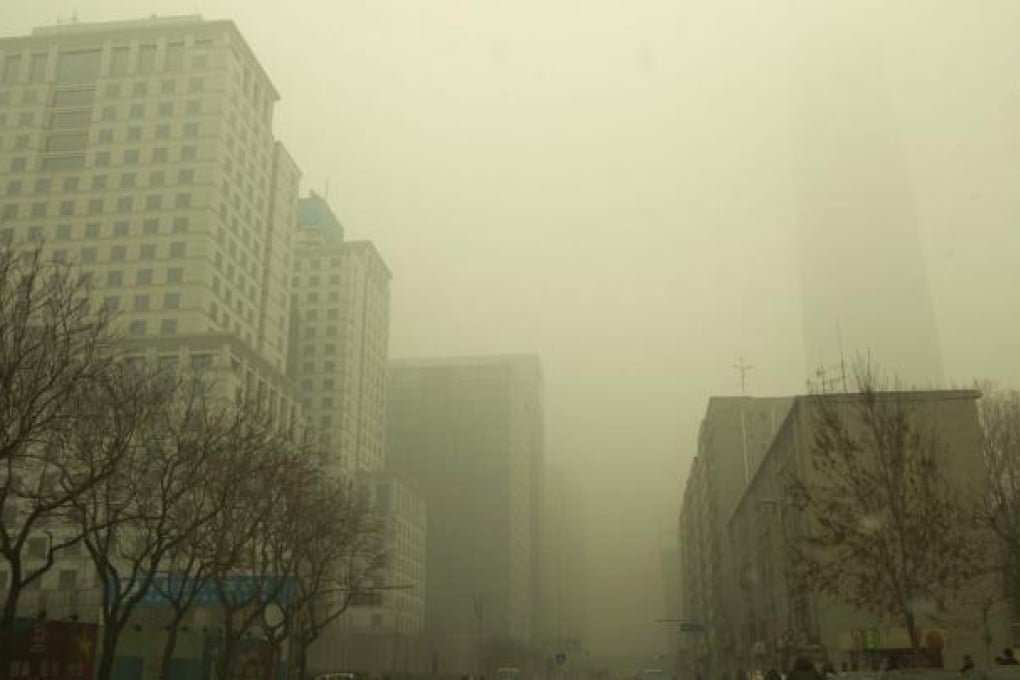Advertisement
Pollution is one reason Guangzhou people’s lungs are turning black, warns expert
Reading Time:2 minutes
Why you can trust SCMP

In Guangzhou, people’s lungs are turning black as early as their 40s, top Chinese lung expert Zhong Nanshan says.
Zhong, a delegate of the National People’s Congress and faculty of the Chinese Academy of Sciences, cited research data to prove that PM2.5 fine air particulates pose the greatest health risks and can lead to lung cancer, according to a report by China Youth Network.
“Particulate matter (PM2.5) can be carriers for sulphur dioxide and even viruses. When they enter the lungs they will always stay there,” Zhong said on Wednesday.
Advertisement
He stressed that particulates have been proven harmful to human respiratory, cardiovascular, endocrine, and nervous systems.
Zhong said lung cancer cases in Beijing had increased by 60 per cent in the past decade. “This is a very alarming figure,” he said.
Advertisement
On combating China’s haze pollution, Zhong believed the most important thing was to change the mindset. “Let’s get this straight - is gross domestic product [GDP} more important - or our people’s health?”
Advertisement
Select Voice
Choose your listening speed
Get through articles 2x faster
1.25x
250 WPM
Slow
Average
Fast
1.25x